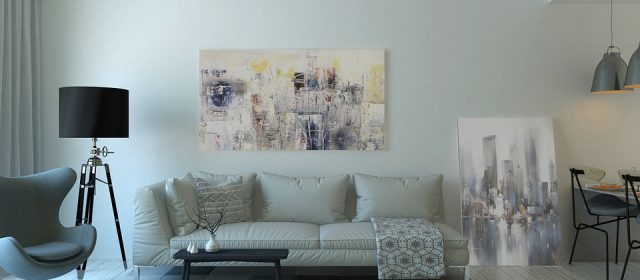Tips for a dementia-friendly home
- Marta Griffin | March 7, 2018

It is extremely difficult when your loved one gets diagnosed with dementia but you have to make sure that you do what’s best for them. A lot of the time, people visit sites like www.chelseaseniorliving.com/locations/new-york/the-residences-at-plainview/ to try and find a senior living home that will be able to take care of their loved one in a professional manner. Others hire an in-home nurse to care for them. And a few decide that they will be able to take care of their family members themselves. Along with caring for a person suffering from Alzheimer’s, you may also need to get the patient the best available treatment. An expert neurologist with years of experience and practice (for example, dr timothy steel or a similar professional) can delay the adverse side effects such as frequent memory loss, confusion, feeling disoriented, etc.
Some people tend to buy in home care services to cater to their loved one’s needs. If you’ve decided to take care of your family member by yourself, you will need to make sure your home is safe for them to live in. Today, we will list some of the changes you may need to make to do this.
Keep in mind that not all of the changes are necessary, read through and pick ones that may work best for you. Make changes you think will need in the future, so you can give yourself time to adjust to changes and then you are prepared when you need them.
Around the house
There are some very simple adjustments you can make which will make things much easier for you around the home. These simple tasks include:
- Keeping an important list of contacts by the phone
- Leaving clear reminders in obvious places
- Clear clocks that display the day month and year as well as the time
- Colour coding locks and keys
- Similar tones on floors and removing as much pattern as possible from carpets and curtains
- Removing clutter
- Marking hot appliances
There are also room specific changes you could make to help you out.
In the kitchen:
- Label Cupboard and Drawers can be useful
- Fit an automatic switch off mechanism on your oven so that if you accidentally leave it on it will switch off for you
- Minimise clutter by storing things away safely
- Try to avoid stainless steel appliances as they can become very hot
In Your Bedroom:
- A night light can be helpful if you wake up in the night, or you can install a motion activated light that comes on when you sit up a get out from bed
- Getting dressed can be difficult if you lay a lot of clothes out, so try and lay them out in the order you’ll put them on.
- If your bedsheets are a contrasting colour to the rest of your room it can make it easier to
- Pressure sensors are great because they can detect when you get out of bed and don’t return within a certain time. An alert can be sent for emergency services or for a chosen contact, such as a neighbour or carer.
The Bathroom:
- Flood Prevention Plugs automatically drain out water when the bath gets too full. There are also ones that change colour if the water gets too hot.
- Make sure your taps are easy to use. Separate taps for hot and cold is best – modern fixtures can be confusing.
- Make sure all out-of-date and unwanted medicines are thrown away. Other medicines should be stored safely in a useful place.
- If necessary install a bath lift/seat or a walk in shower.
These are some guidelines for how to adapt your home to suit your needs. It is important that the person living with dementia is involved in this process as much as possible as it is their home and they may already have systems in place.


twitter
pinterest
email
rss